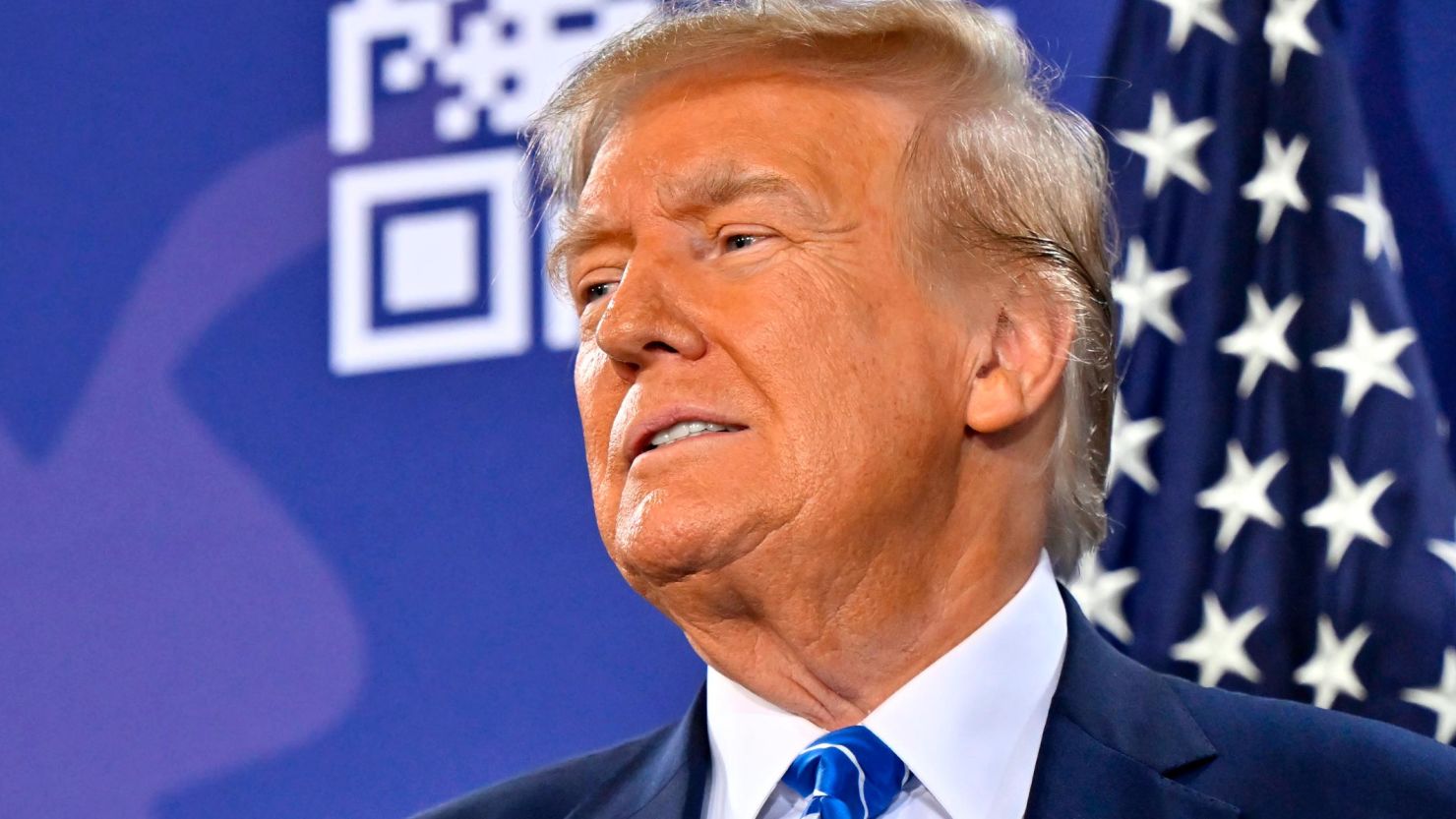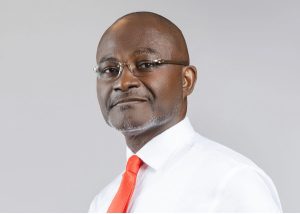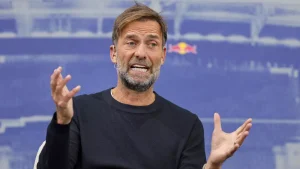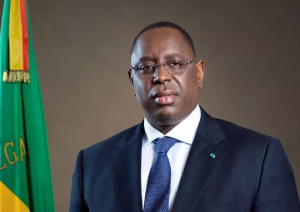A United States appeals court has ruled that former President Donald Trump does not have immunity from federal charges that he plotted to overturn his 2020 election defeat to President Joe Biden.
A three-judge panel of the US Court of Appeals for the District of Columbia Circuit said on Tuesday that “For this criminal case, former President Trump has become citizen Trump, with all of the defences of any other criminal defendant.
The decision marks the second time in as many months that judges have refused Trump’s arguments that he cannot be prosecuted for actions while he was in the White House.
A Trump campaign spokesperson said the ruling “threatens the bedrock of our Republic”. He said Trump would appeal but did not say whether he would first ask for a review from the full appeals court in Washington or go directly to the Supreme Court. The case will remain paused until at least Monday to give Trump time to appeal.
The appeals court took centre stage in the immunity dispute after the Supreme Court said last month that it was temporarily staying out of it, rejecting a request from special counsel Jack Smith to issue a speedy ruling.
The former Republican president was impeached by the House twice. After trials in the Senate, a majority of senators found him guilty, but both times they failed to achieve the two-thirds majority required to remove him from office and he was acquitted.
US District Judge Tanya Chutka, who is presiding over the case, rejected Trump’s arguments in December and said the office of the president “does not confer a lifelong ‘get out of jail free’ pass”.
While Trump’s lawyers took their arguments to the Washington appeals court after losing the initial decision, Smith asked the Supreme Court to weigh in first, hoping to secure a fast and definitive ruling and preserve a trial date of March 4 in the federal election interference case.
However, the high court declined the request, leaving the matter with the appeals court.
If Trump wins in November, he could pardon himself or call on the Department of Justice to close the federal case.
However, he faces three other criminal cases, and they are all state cases, which presidents are unable to quash.










